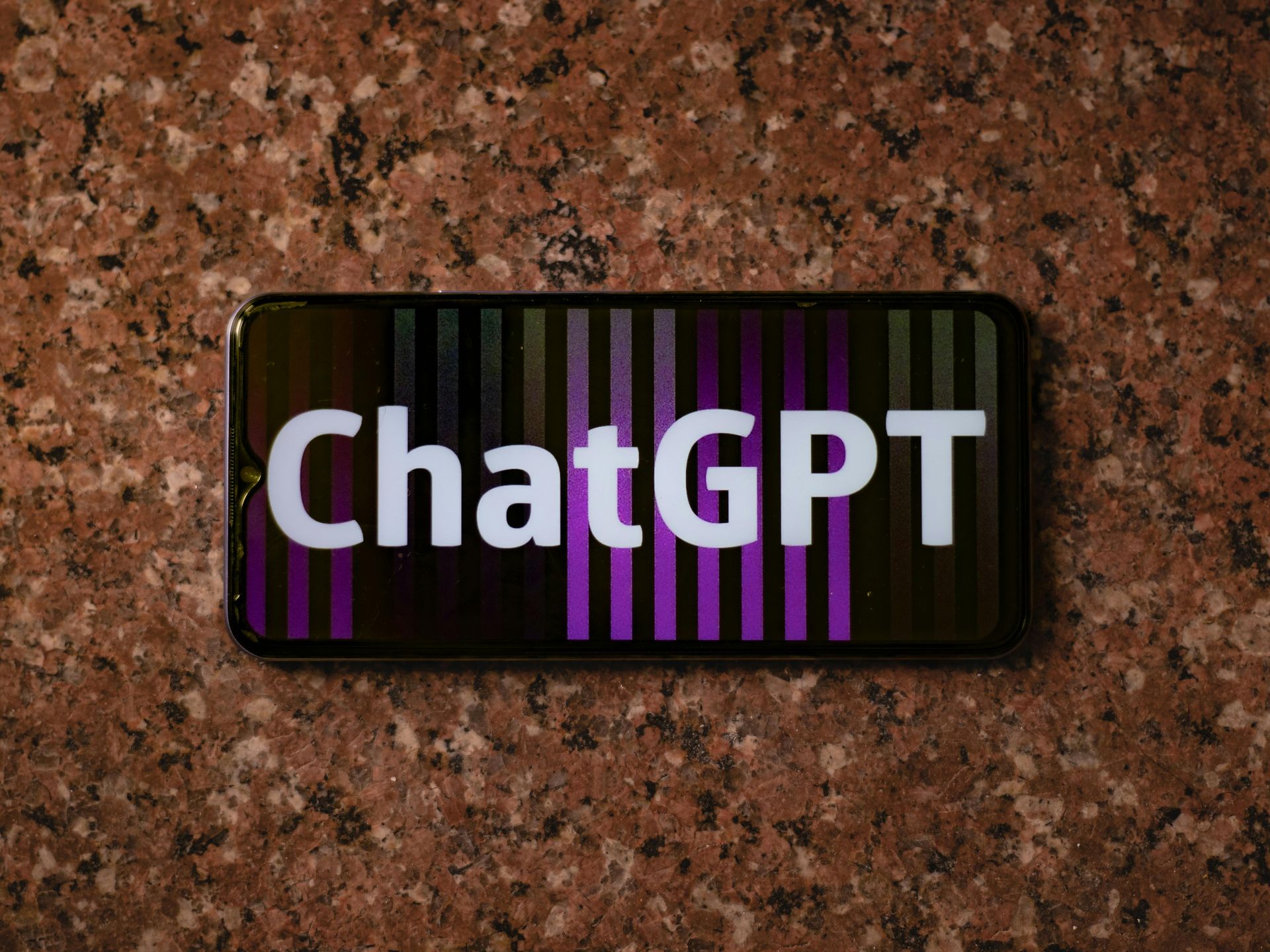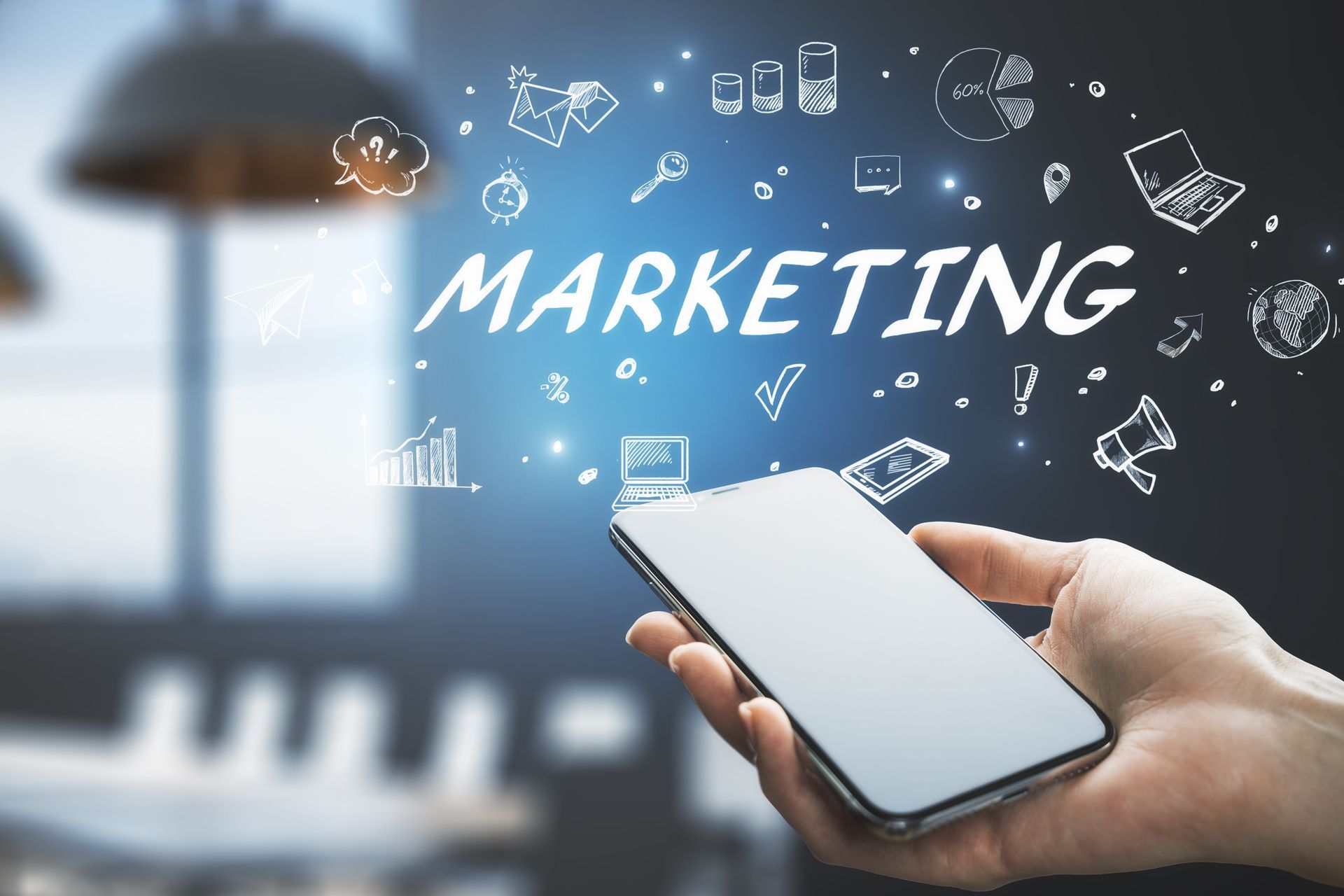Thriving in a Cookieless World: Strategies for the Future of Digital Marketing
Thriving in a Cookieless World: Strategies for the Future of Digital Marketing
Navigating the digital marketing landscape often feels like trying to hit a moving target. Just when you feel you’ve mastered the rules, they change. Here at Y Associates, our mission is to help businesses like yours stay ahead of these shifts and find new avenues for growth. A major change on the horizon is the move toward a "cookieless" internet. This shift is fundamentally altering how we approach online advertising and audience engagement, but it’s an opportunity, not an obstacle.
Introduction: The End of an Era for Cookies
For decades, third-party cookies—small bits of code that track your activity across different websites—have been the backbone of digital advertising. They helped businesses understand user behavior and deliver personalized ads. However, due to rising privacy concerns and new regulations, major browsers like Google Chrome are phasing them out.
This means the old way of tracking and targeting potential customers is becoming obsolete. Businesses that rely on it will soon find their advertising efforts are less effective. The good news is that a new, more transparent and customer-centric approach to marketing is emerging. This cookieless future is built on trust, value, and direct relationships.
Key Insights: Thriving in a Cookieless World
Adapting to this new environment requires a strategic pivot away from third-party data and toward building your own assets. The focus is shifting to first-party data, which is information that customers share directly with you.
- The Rise of First-Party Data: This is data you collect yourself through your website, CRM, social media channels, and email lists. It includes things like email addresses, purchase history, and website interactions. This information is more accurate and valuable because it comes straight from your audience. The key is to create a value exchange—offer something useful (like a newsletter, a discount, or exclusive content) in return for their information.
- Context Is King (Again): Contextual advertising is making a major comeback. This strategy involves placing your ads on content that is relevant to what you sell. For instance, a company selling sustainable home goods could place ads on blogs about eco-friendly living. Modern contextual advertising goes even deeper, using AI to analyze the sentiment and nuance of an article to ensure your brand appears in the right environment.
- Unified ID Solutions: The industry is developing new technologies to identify users without relying on third-party cookies. These "unified ID" solutions create an anonymous identifier for users based on encrypted first-party data (like an email address). This allows for targeted advertising in a way that respects user privacy and consent.
Benefits for Small and Medium Businesses
This shift may seem daunting, but it levels the playing field and offers significant advantages for agile businesses.
- Stronger Customer Relationships: By focusing on first-party data, you are incentivized to build direct, trust-based relationships with your customers. This leads to greater loyalty and a higher lifetime value per customer.
- More Meaningful Marketing: Moving away from a "follow-me-around-the-internet" model of advertising creates a better user experience. When people see ads that are relevant to the content they are actively consuming, it feels helpful rather than intrusive.
- Future-Proof Your Business: Businesses that build their first-party data assets now will have a significant competitive advantage. You will own your audience data and be less dependent on the changing policies of big tech platforms. Imagine a local coffee shop that has built an email list of 5,000 local customers. They can now directly promote new blends or events without relying on third-party ad platforms.
Challenges and How to Overcome Them
The primary challenge is the need to build a robust system for collecting, managing, and activating first-party data. Many small businesses may not have a centralized Customer Relationship Management (CRM) system or a clear data strategy.
The solution starts small. Begin by implementing simple ways to collect customer information. This could be an email signup form on your website, a loyalty program, or a lead magnet like a downloadable guide. The goal is to start building that data asset one customer at a time. It’s also crucial to be transparent with your audience about what data you are collecting and why, as this builds the trust necessary for them to share it.
Conclusion: Partner with Y Associates to Navigate the Future
The end of third-party cookies is not the end of effective digital marketing; it’s the beginning of a better, more sustainable era. It’s an opportunity to build deeper connections with your customers and create a marketing strategy that is more resilient and effective in the long run.
Understanding and implementing these new approaches takes expertise and a forward-thinking strategy. At Y Associates, we live and breathe this stuff. We help businesses develop powerful first-party data strategies, leverage new advertising technologies, and create marketing campaigns that resonate with today's consumers. We can help you turn this industry-wide challenge into your competitive advantage.
If you’re ready to future-proof your marketing and build a stronger, more direct connection with your customers, reach out to the team at Y Associates. Let’s prepare for the cookieless world together.











